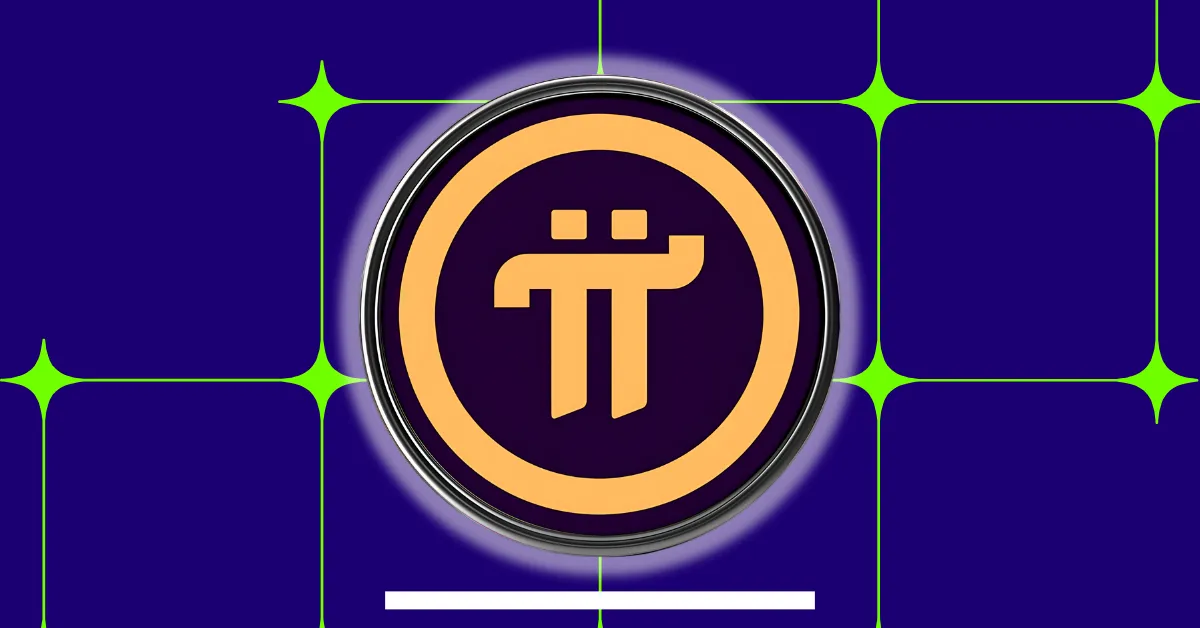
If you’ve been wondering why Pi Network still isn’t listed on major centralized exchanges (CEXs) like Binance or Coinbase yet?” You’re not the only one. The wait has confused many in the crypto world, but there’s a smart reason behind it.
While most projects rush to get listed fast, Pi Network is taking a slower, safer route, one that’s focused on rules, trust, and long-term success.
Let’s get into the details!
Pi Network isn’t just building an app, it’s aligning with a much bigger vision. The project reflects the core goals of the Digital Currency Global Initiative, a major effort led by the International Telecommunication Union (ITU)—a UN agency—and Stanford University’s Future of Digital Currency Initiative (FDCI).
This initiative focuses on five key pillars for the future of digital money, such as financial inclusion for all, Smooth interoperability, Strong identity verification (KYC/KYB), programmable currency, and DeFi support.
Very few crypto projects meet all these standards. But Pi Network does.
Now here’s where it gets interesting.
Pi Network is one of the only crypto projects that meets all five goals. It’s not just asking users to verify their identity (KYC), it also requires centralized exchanges to complete KYB (Know Your Business) before listing Pi.
That’s why OKX, the first exchange to comply, stands out. It successfully cleared Pi’s strict KYB checks, signaling that Pi isn’t chasing quick listings, but instead setting a higher bar for integrity.
Alongside its push for long-term trust, Pi Network has added a new feature that lets verified users activate their wallets, even if they haven’t finished the Mainnet migration.
Whether someone has completed full KYC or is temporarily verified, they can now also unlock wallet functions and explore Pi’s ecosystem. According to the Pi Core Team, this move opens the door for millions of pioneers to engage with the blockchain sooner.
Yes, Pi Network allows verified users to activate their wallets even if they haven’t completed the Mainnet migration.
As of now, OKX, Bitget, Gate.io, and Pionex have successfully completed Pi Network’s KYB verification process.
Pi Network remains unlisted on major exchanges due to its closed mainnet phase and stringent KYB requirements for exchanges.
The Chairman of the Board of Fannie Mae and Freddie Mac, William J. Pulte has…
Solana (SOL) price rallied 3 percent in the past 24 hours to trade at about…
While many altcoins are bleeding due to market volatility, Ripple outshines with its strong upside…
Dogecoin has recently demonstrated some signs of a bullish reversal, but its rally could be…
Bitcoin (BTC) price has closed above a crucial psychological barrier around $109k, which had held…
As the crypto supercycle heats up in 2025–26, investors are seeking undervalued coins that could…